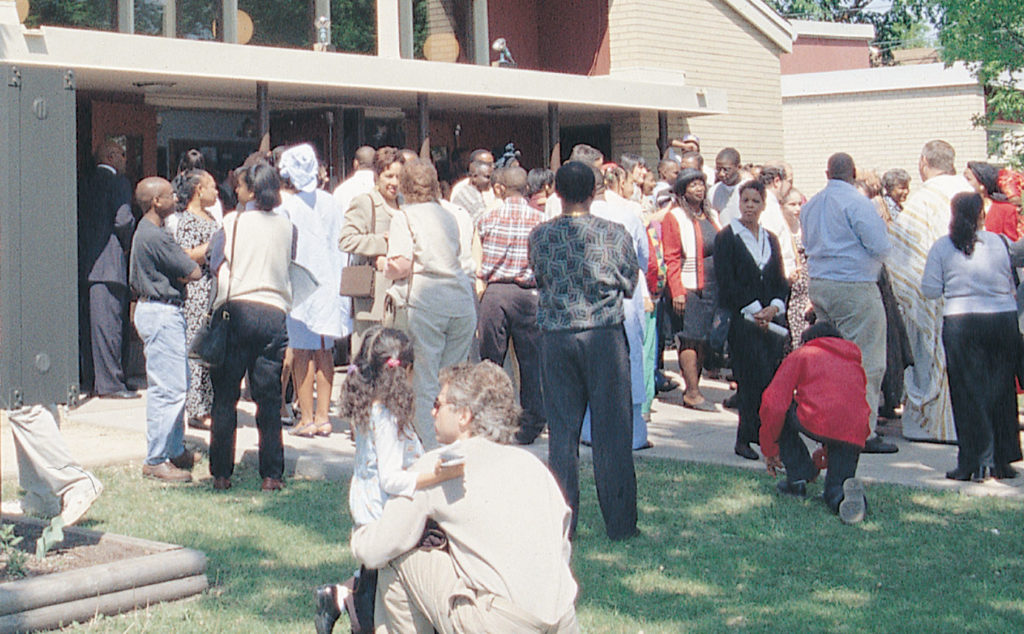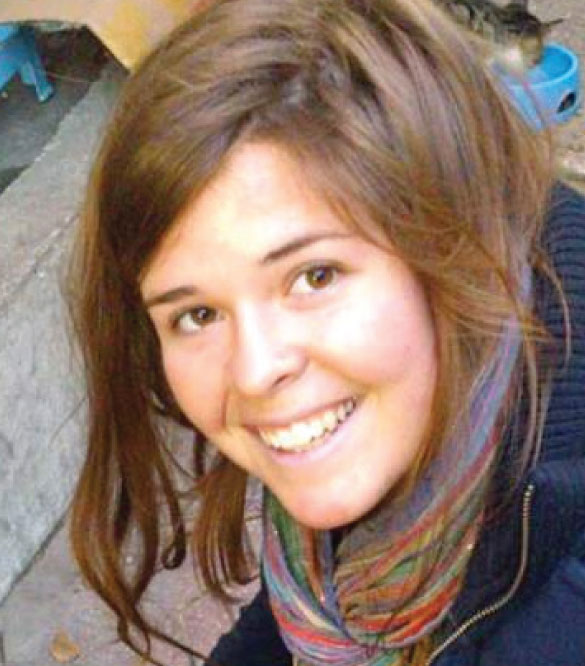
Christians have lived Jesus’ command to love one another for more than 60 years when John writes the fourth gospel in the AD 90s. Jesus refers to his closest followers not only as disciples but as friends, freely chosen companions who mutually love one another and share their lives. This is Christian Faith 101, a single commandment, one almost all of us are capable of living. Jesus loves us his friends as the Father loves him.
“A friend is someone who likes you,” Charlie Brown says. That’s one way of looking at friendship. It suggests insiders and outsiders. Some are friends; others are people who don’t like us or don’t like us yet.
God’s love is not an insider/outsider kind of thing. Jesus comes because of God’s love and friendship for the whole world. Jesus embodies God’s commitment to all of us.
Jesus shows this inclusive friendship in other stories in John. He shares meals with people, heals them, stands up for them, and teaches them his way. He models the kind of friendship for others he asks of his followers.
Sharing meals is one of the things all of us regularly do with friends. Early in John’s gospel Jesus invites two disciples of John the Baptist to come to the place where he lives and stay with him. Making friends involves getting to know each other, spending time together. Jesus takes his friends along to the wedding at Cana. He enjoys dinner with Mary, Martha, and Lazarus. Sunday’s gospel comes from the best known of Jesus’ meals with friends — the Last Supper.
- With whom beside family do you share meals?
- How safe is your family table for each person to speak his or her experience?
- How do the meals you regularly share with others strengthen friendships?
You are my friends if you do what I command you.” Do is an active verb. Jesus isn’t talking about having friends, but about being a friend. Being a friend means laying down our lives for each other.
Liberation theologians have a term for laying down one’s life — acompañar. It doesn’t mean martyrdom, though that may happen. It means accompanying each other, entering into the life circumstances of one’s community. It recognizes we all share a common human condition. It means acting on that recognition.
Some of these people we are called to accompany are members of our own families and parishes we have never been able to see eye-to-eye with. Some are our new immigrant neighbors.
Minimally, love challenges us to tolerate one another. More fully, love challenges us to talk to one another and learn how we practice our faiths. Most fully, love challenges us to encounter one another, to honor each other’s paths to the Holy One.
- Who do you accompany? How?
This struggle to love and to bring life to others is a joyful struggle. It is the work of the Spirit to build up the Church in this way. The Spirit is within us, dwelling with us now as Jesus did two millennia ago. We need to trust that when we lay down our lives in love, the Spirit will make them bear fruit and that the gospel story and the life it conveys will live on.
The good thing is that we have a lifetime to learn this love and a million chances a day to choose it. So if I turn my back on someone today, this person may reappear tomorrow. And if I still turn my back, perhaps someone walking with me will put out a hand and show me how. Conversion is possible at any minute. It lies in wait in every human encounter.
Friendship is mutual and reciprocal. Anyone can be a friend. Friendship is the most inclusive way we love. It stretches us beyond our most intimate relationship and links us in circles beyond family.
- Resolve as an individual or as a group to reach out to some of Jesus’ friends who are not yet friends of yours.

Imagine a utopia in which we taxpayers and our legislators pour out our energies and resources to love one another. What if Jesus is right that love is the real power in the world? What if we spend our dollars and creativity making friends with those we don’t know rather than defend ourselves against them? What if we take the common good seriously and do for others what we ourselves need?
Compassion for people who suffer, especially children, led Kayla Mueller from Arizona to Syria, where she worked with refugees displaced by the civil war. Terrorists kidnapped Kayla on August 4, 2013, as she left a hospital staffed by Doctors Without Borders in Aleppo. A bombing in October 2014 ended her life.
“I find God in the suffering eyes reflected in mine,” Kayla wrote to her father earlier. “I will always seek God. Some people find God in church. Some people find God in nature. Some people find God in love; I find God in suffering. I’ve known for some time what my life work is, using my hands as tools to relieve suffering.”
President Obama said that “the future belongs not to those who destroy, but rather to the irrepressible force of human goodness that Kayla Mueller shall forever represent.”
- What if we let compassion lead us?
- What signs of the Spirit do you see in the news today?
